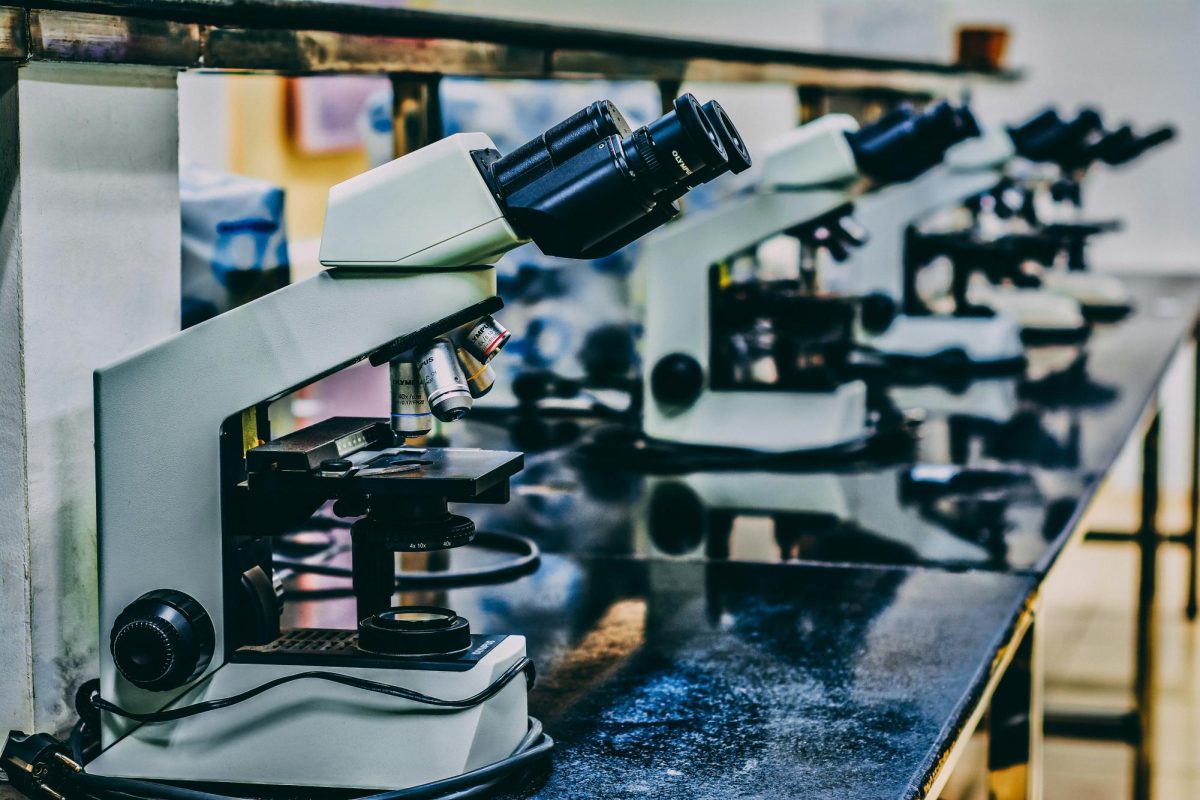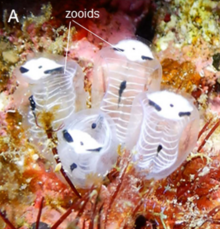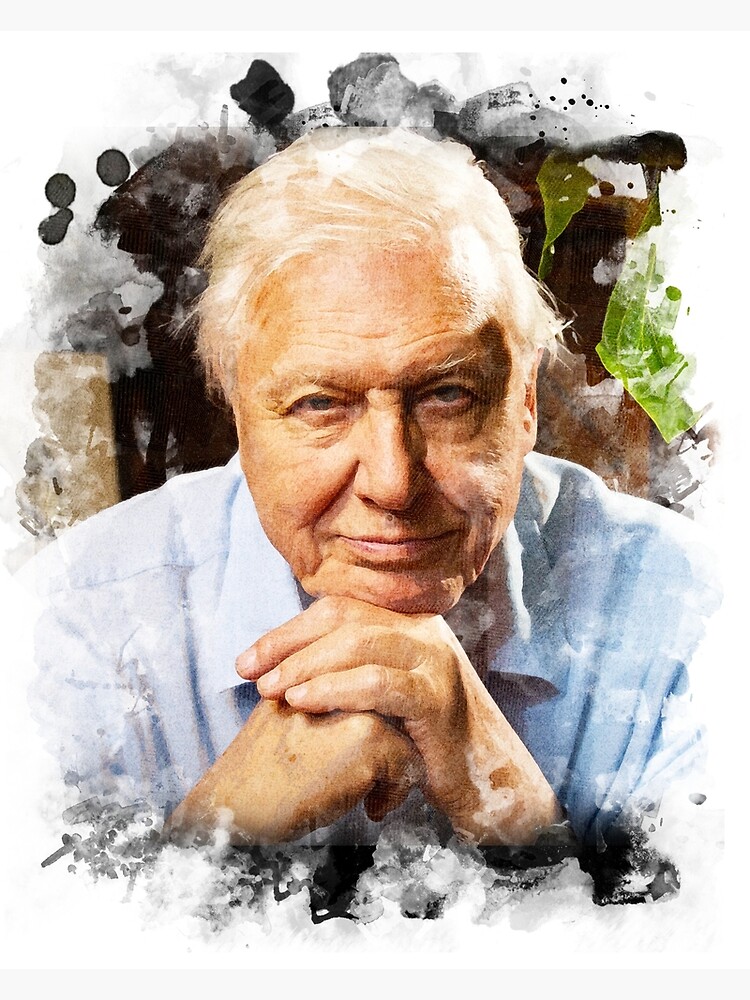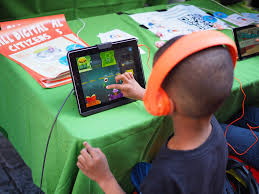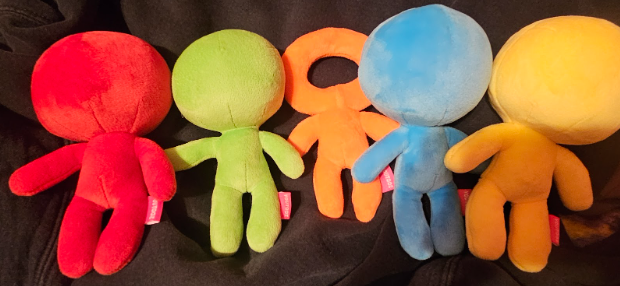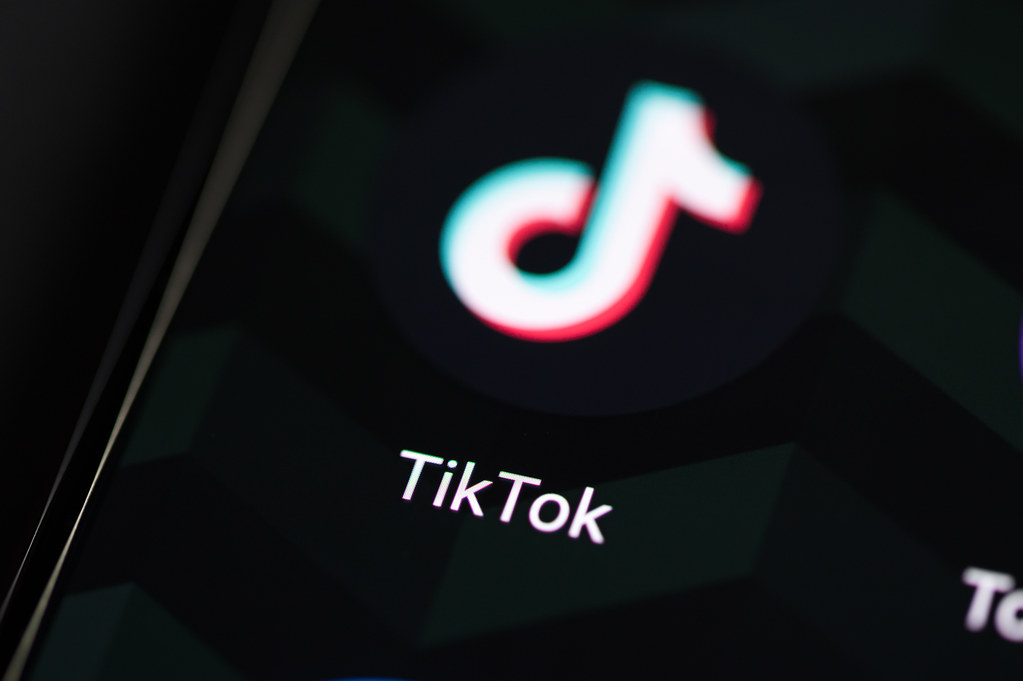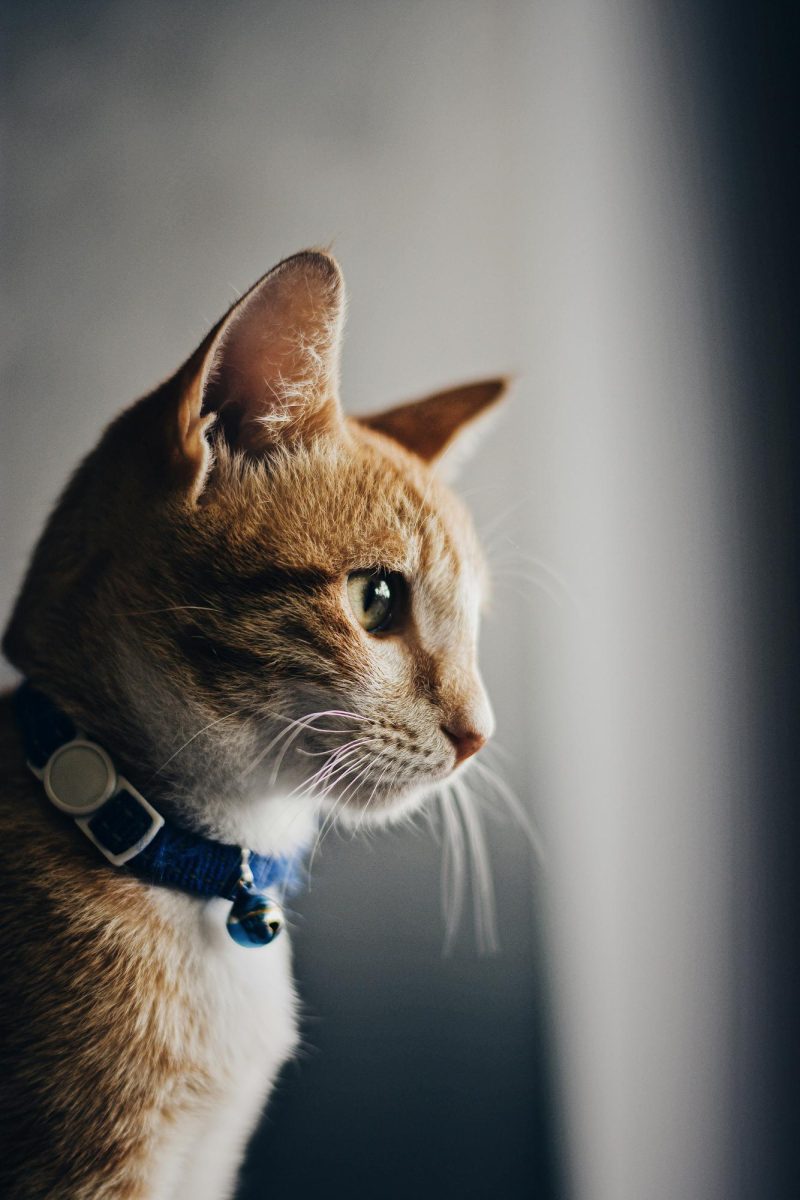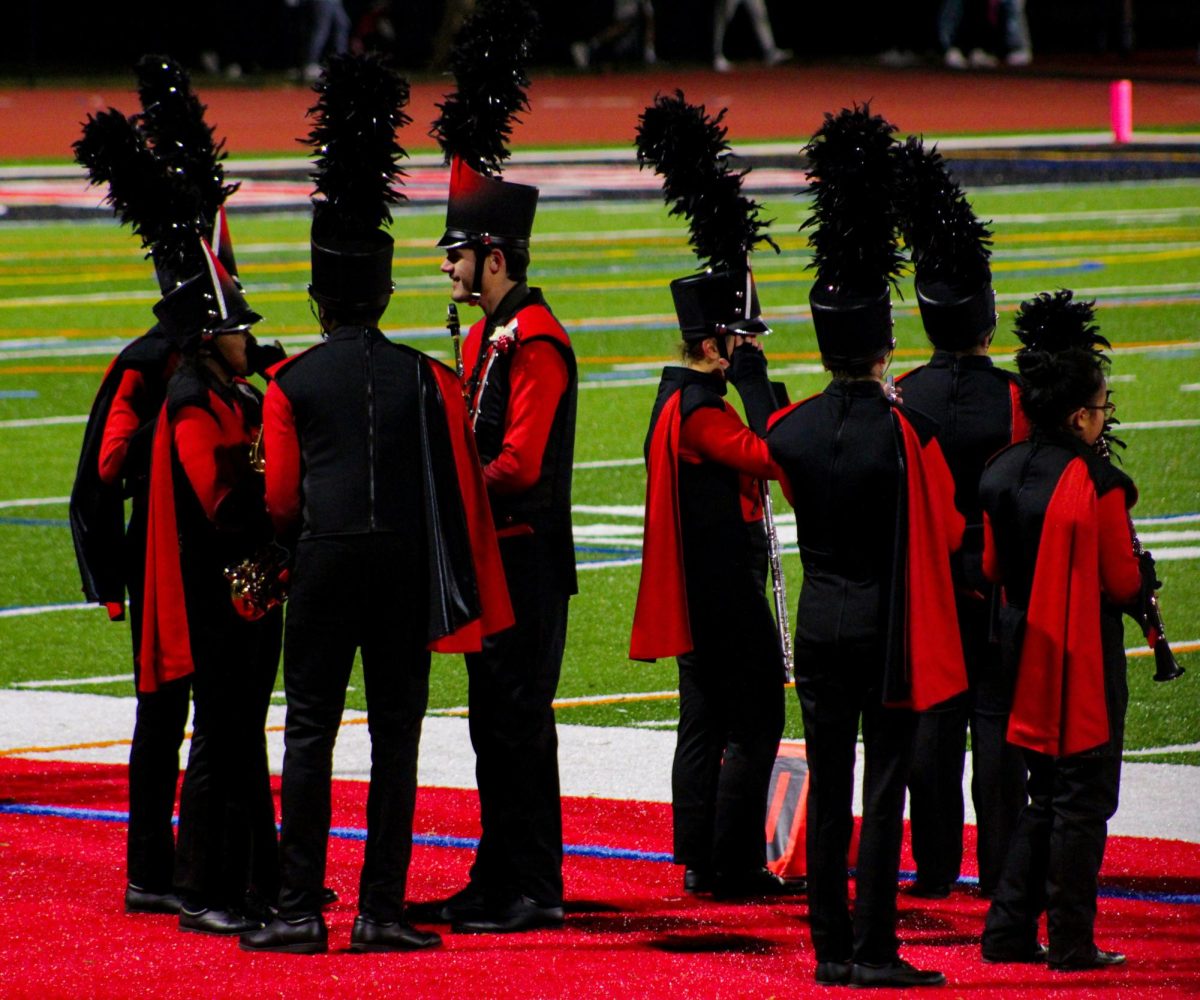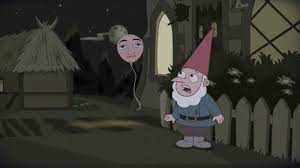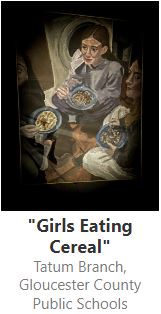Many people look at characters and only view the surface information. You may think that a character is just a villain with no depth or meaning- but villain origins give us an insight into the traumatic reasons or personal justifications for their crimes. Dr. Heinz Doofenshmirtz is one of these characters. Throughout Phineas and Ferb, we learn a lot about his childhood, as it’s a pivotal element of his character. Doofenshmirtz’s early life is why he has become the man he is, and despite being from a kid’s show, it should be further explored.
As a child, Doofenshmirtz was raised in the German town of Gimmelshtump, where he was small for his age and outcasted by his peers and family alike. Doofenshmirtz was badly abused and neglected by his parents, who heavily favored his brother, Robert, over him. Robert was viewed by their family as better than Heinz in every way and was loved by their mother for his skill in kickball. His parents failed to attend Heinz’s birth, meaning he had virtually no loving family from the very beginning. In Doofenshmirtz’s youth, he was forced to replace his family’s garden gnome, meaning he stood still in rain and shine for hours. His father would yell at him to stay still every time he moved, eventually resulting in the loss of his only friend, a balloon, whom he lovingly painted and coined “Balloony.” His strict and unavailable parents even humiliated him, making him wear dresses knit for the daughter they never had. All of this contributes to Dr. Doofenshmirtz’s moral standpoint, the way he treats his daughter and his inventions. Despite the consistent and harmful ways he was treated in his youth, he still treats his daughter, Vanessa, with kindness and respect. Moments like these are what give Dr. Doofenshmirtz depth and make him even more lovable.
Throughout his childhood, he was abused, neglected, and harassed. These repeated events ultimately caused trauma and feelings of isolation and inferiority, which followed him for the rest of his life. Doofenshmirtz also takes interest in inventing and education rather than athleticism. As a result, people disliked him because he was different from them and easy to put down, which caused him to be harassed. He had water dumped on him, and sand was thrown at him repeatedly, causing an irrational and severe fear of sand alongside consistent paranoia and insecurity. As a result, Doofenshmirtz wants the positive life he lacked as a child, even if it might (accidentally) hurt others. These fears are what bring him to create machines called “inators” which, in his eyes, will fix the problems he’s faced in his life.
Dr. Doofenshmirtz’s trauma causes debilitating side effects throughout his adult life and changes the way he goes about relationships as well. He seeks validation, which is mostly displayed through his interactions with love interests in the show. He impresses a girl with a magic show, makes a whale translator for another, and tries to impress a girl by square dancing, but none of these relationships work out. He is constantly trampled on despite trying his best, and it likely fills him with more distrust in the world. Doofenshmirtz is a hermit throughout the show but still grows attached to Perry the Platypus. Perry visits Doofenshmirtz often to end his evil plans, always succeeding, but Perry gives Dr. Doofenshmirtz a person to talk to. In each episode, Dr. Doofenshmirtz reveals his reasoning for his “inators,” forcing Perry to listen to him vent. At one point in the series, Dr. Doofenschmirts states “I’m not evil Perry; I’m just misguided.” I feel that this gives Doofenshmirtz a more personal attachment to Perry because he is reliable and listens well, even if they’re sworn enemies. In a way, Perry acts as his friend throughout the series, becoming a crutch for Doofenshmirtz.
It’s always important to consider why people behave how they do in real life and in television. Doing this can give you something to think about and consider while consuming media or interacting with others. Dr. Doofenshmirtz tries to repair what has happened in the past; he perceives his own acts of defiance as “evil” because that’s how he has always been treated. He is desperately trying to break a cycle in his life that will never go away, causing him to obsess and dwell on his own past. Realizing how his childhood has impacted him doesn’t make his actions justified, but it makes his actions explained.



